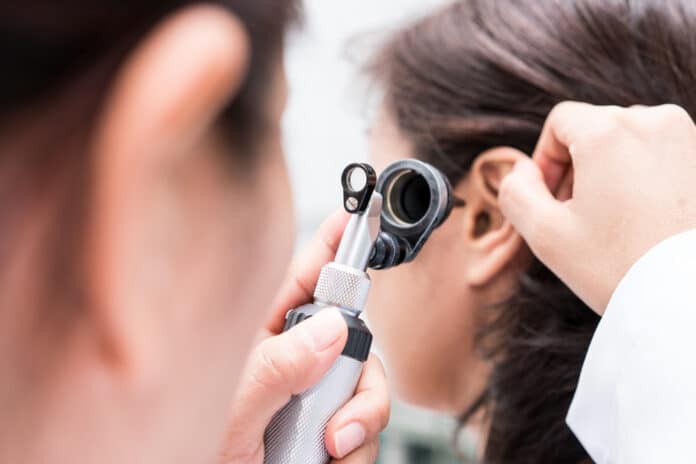
As tempting as it may be to turn the music up loud and fill your ears with your favorite music, doing this can put your hearing health in serious jeopardy.
In November 2022, a study published in BMJ Global Health concluded that over a billion young adults may be at risk for developing hearing loss due to unsafe listening habits. This systematic review analyzed data from 33 studies relating to personal listening devices, loud entertainment venues, and hearing loss.
The results of the study revealed that as much as 48% of young adults engage in unsafe listening practices that involve exposing their ears to dangerous and damaging levels of sound.
Chronic Exposure To Unsafe Noise Levels
Prolonged exposure to loud sounds can damage the delicate structures in the inner ear and cause permanent hearing loss. This type of hearing loss is also known as noise-induced hearing loss.
Hearing can also be damaged by short and intense noises, such as gunshots or explosions. But it is just as dangerous—maybe even more so—to frequently expose your ears to noise levels over 85dB.
Sometimes this happens due to occupational hazards, such as working in a noisy industrial environment or construction site. But this latest study demonstrates that a very large number of people are putting their hearing health at risk due to voluntary recreational activities that are completely avoidable.
The biggest offenders seem to be regularly listening to loud music on earbuds and frequently attending loud concerts, sporting events, and other entertainment venues.
Protect Your Hearing
If you are one of those billion young adults (or less-young adults) who tend to turn the music up loud in their headphones or attend a lot of noisy events, take steps to protect your hearing now before you lose it.
Deafness can be a life-altering experience that could affect your ability to communicate, work, and enjoy life. Even if you don’t notice any significant or immediate effects, hearing damage can creep up on you over time.
You’ll start to miss out on bits of conversation, or you’ll find yourself frequently asking people to repeat themselves more often. You might not be able to enjoy your favorite songs the way you once did, or maybe you’ll notice that they just sound a bit different.
As your hearing continues to get worse, you may become more easily frustrated and stressed, and it can have a substantial impact on your quality of life.
Tips For Improving Your Listening Habits
Here are a few tips for reducing your risk of noise-induced hearing loss:
● Listen to music and other audio at lower volumes.
● Take regular breaks from listening to loud music or attending noisy events.
● Invest in noise-canceling headphones and earplugs for protection.
● Exercise and regular physical activity can help to improve blood circulation and tissue repair.
● Use over-the-ear headphones instead of in-the-ear earbuds.
Get your hearing checked by an audiologist. A hearing test may reveal the initial signs of hearing loss that you aren’t even aware of yet.
If your hearing has begun to deteriorate, hearing aids and similar devices can help restore your hearing and improve your quality of life.


















